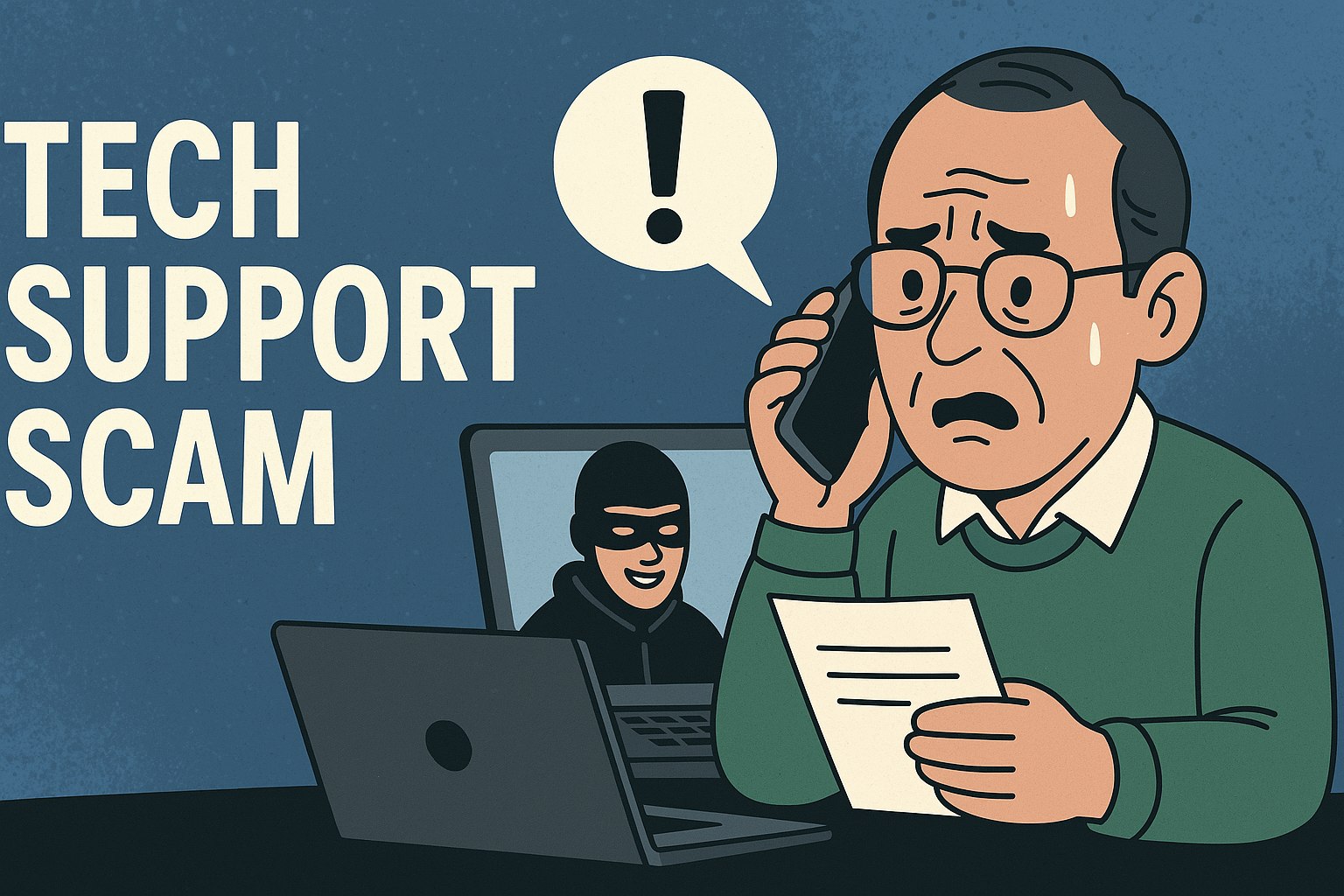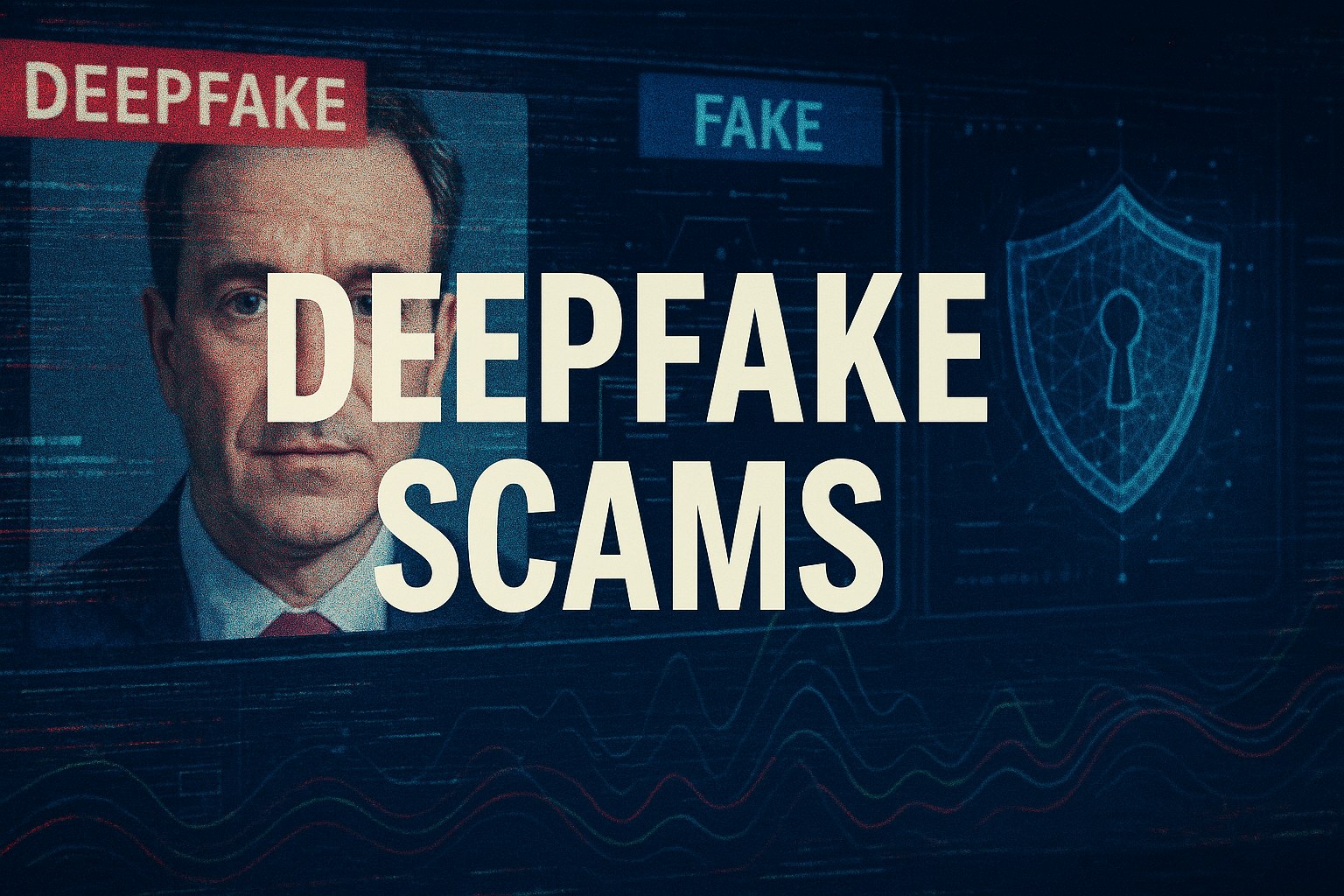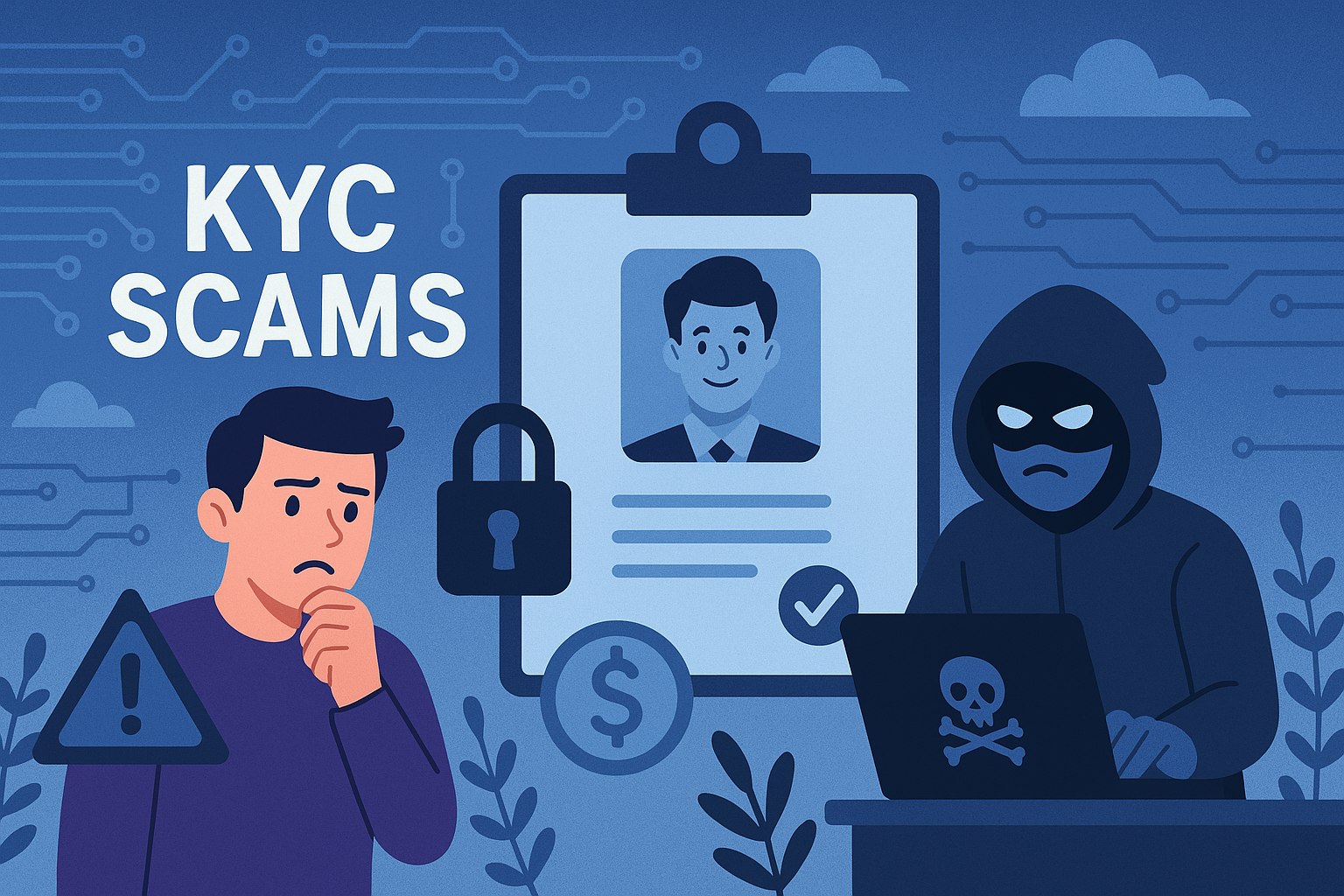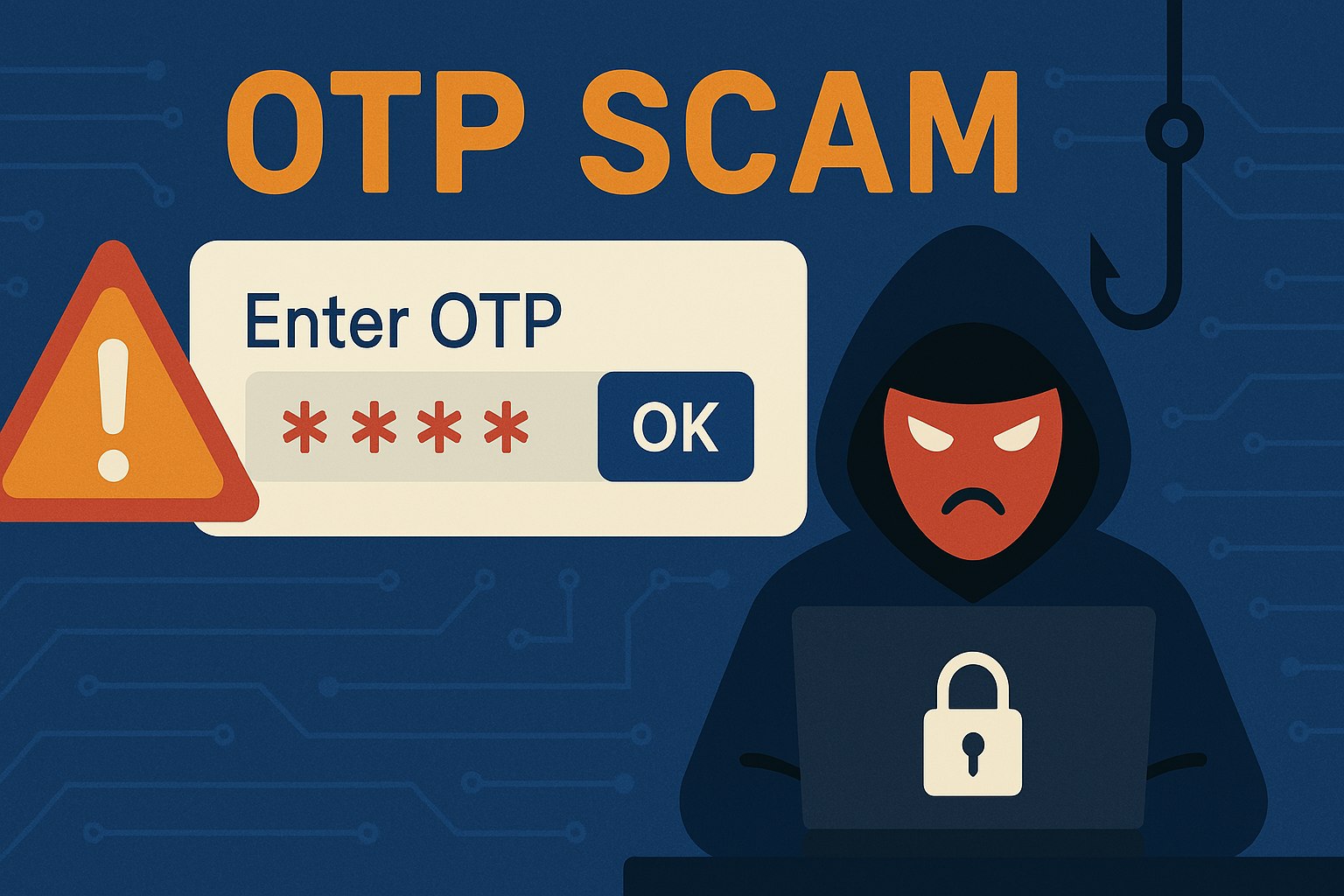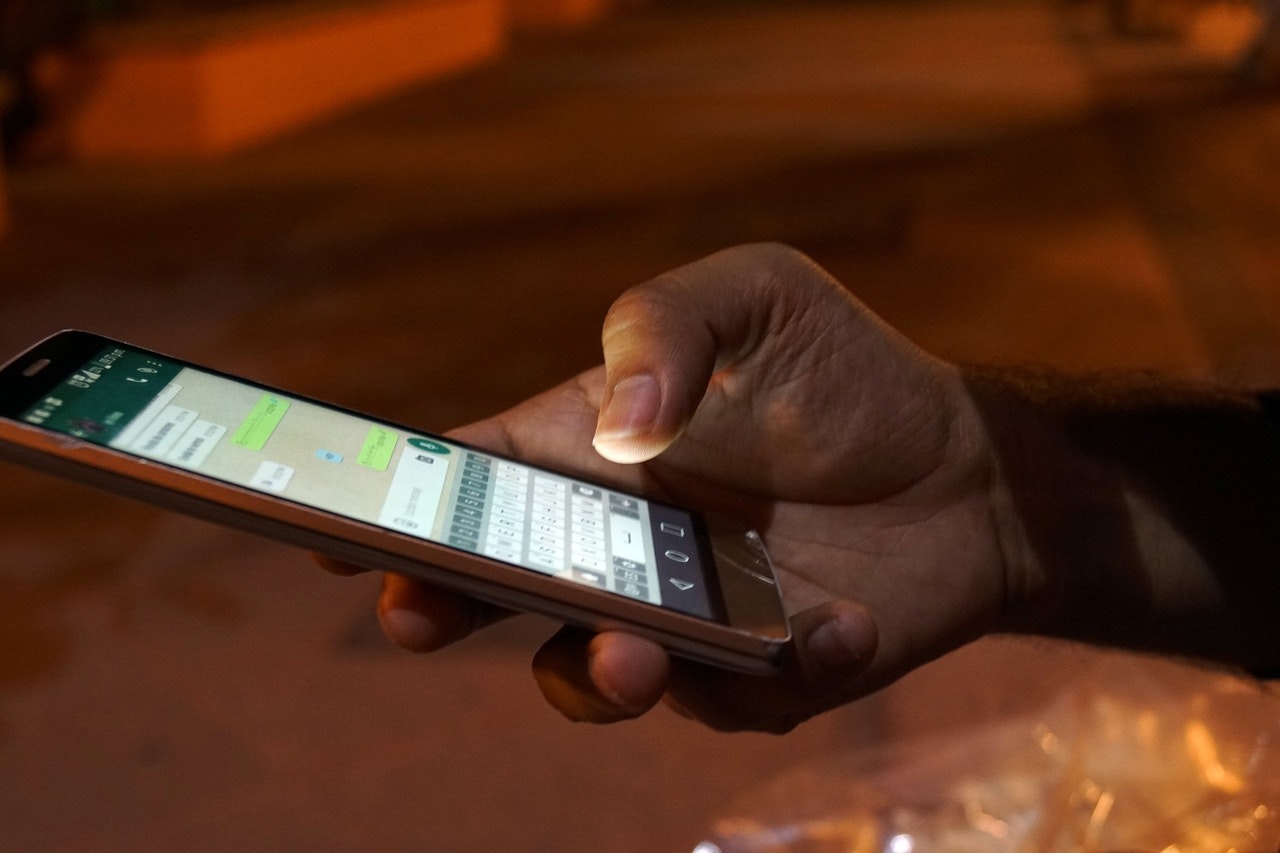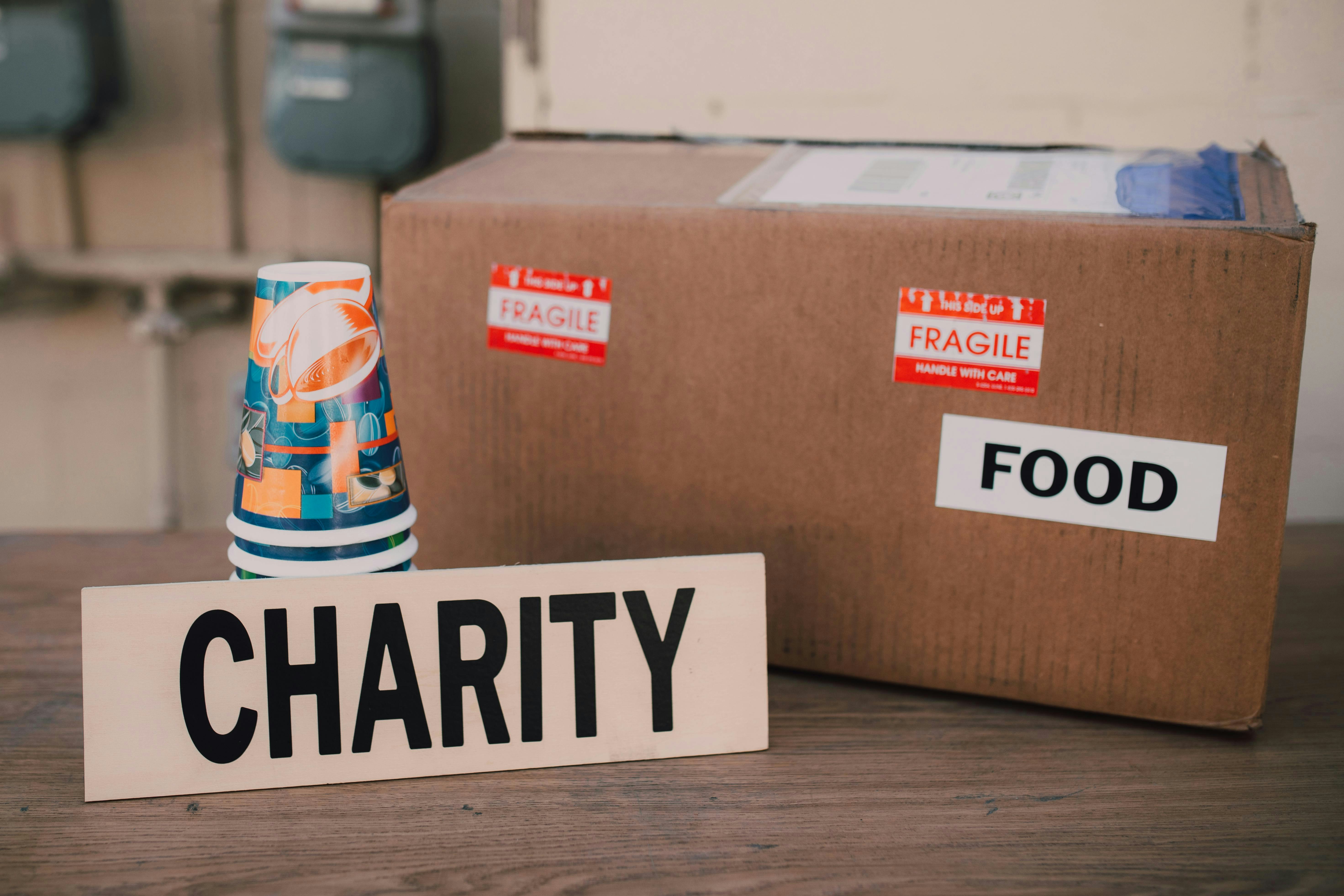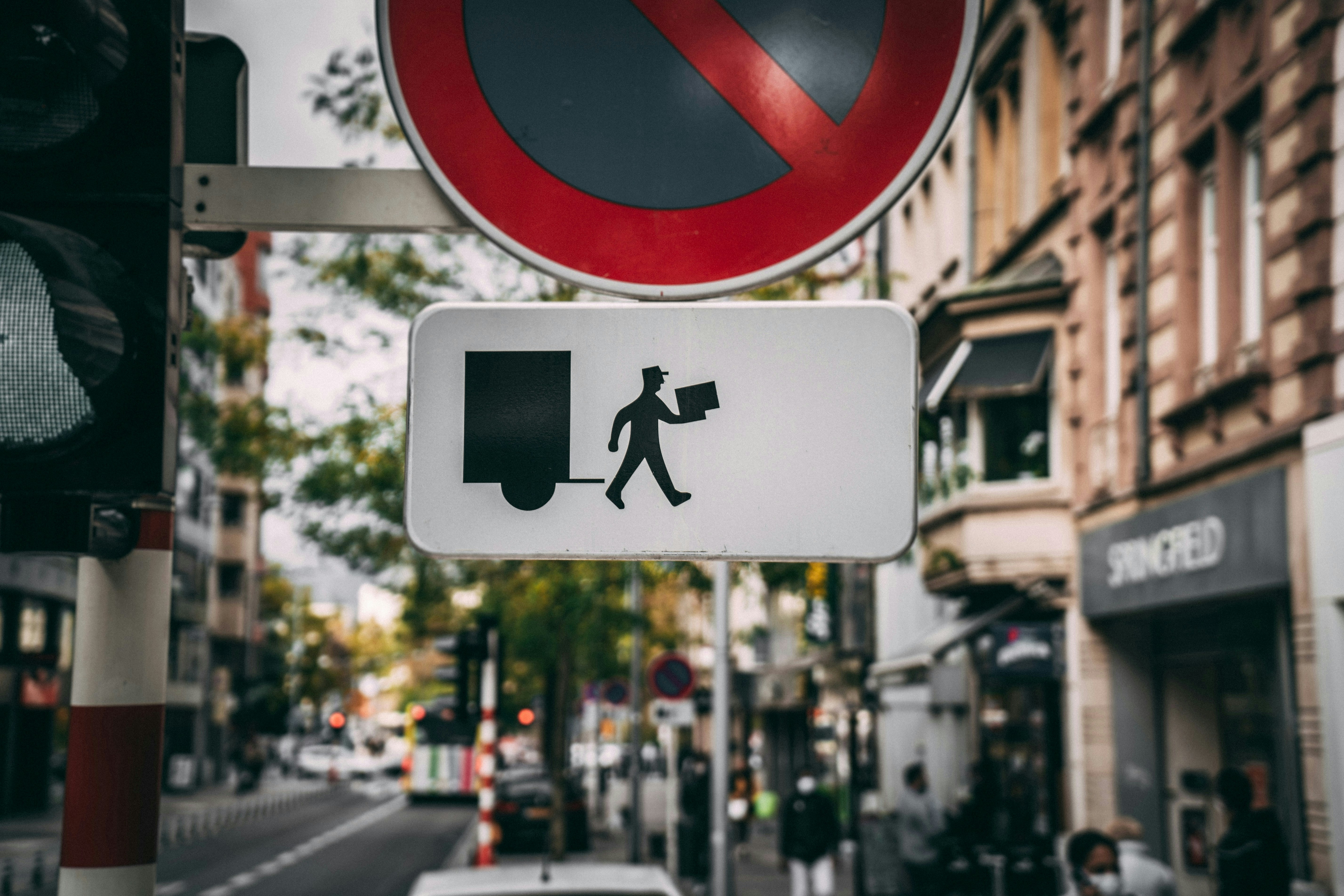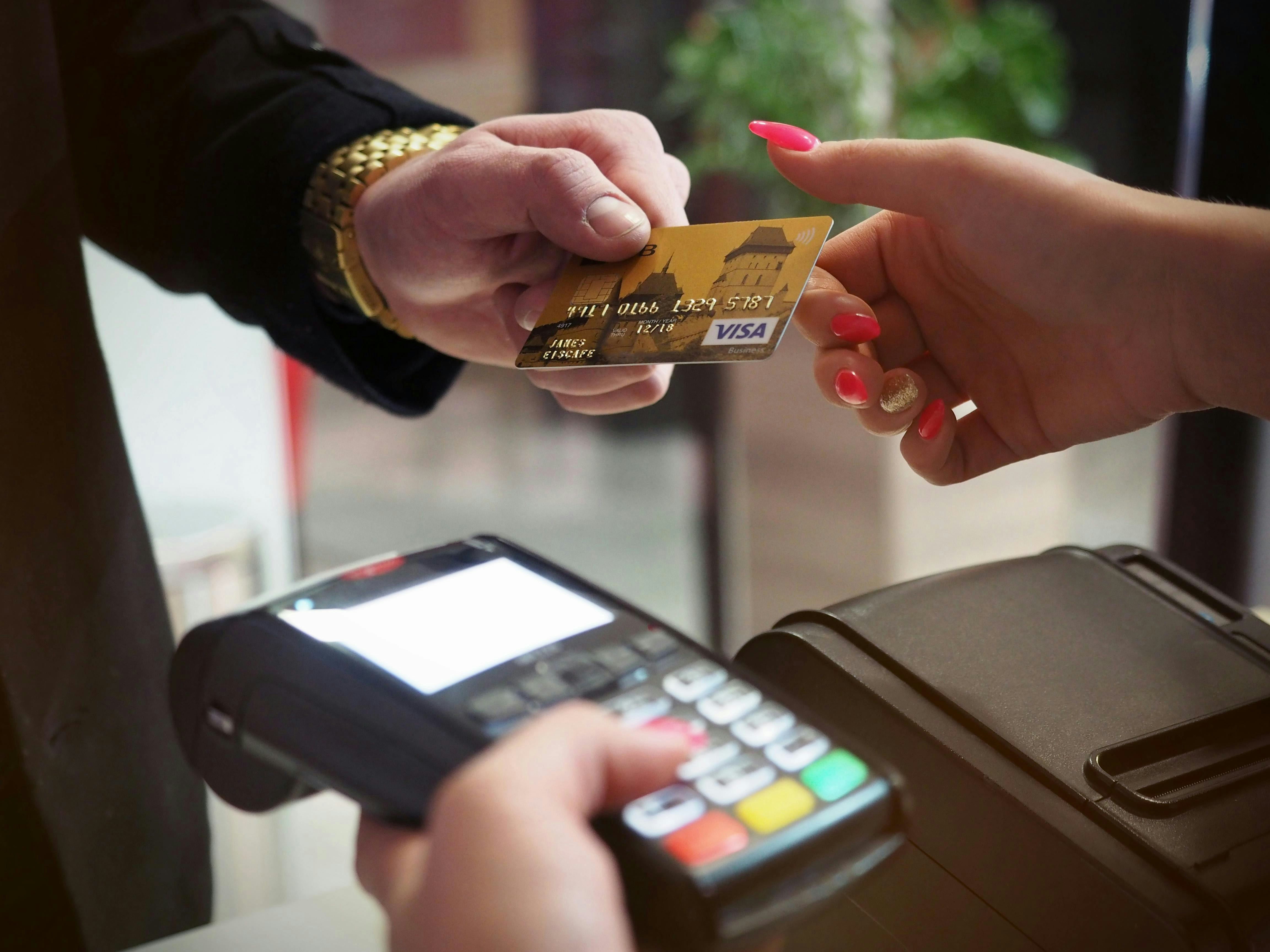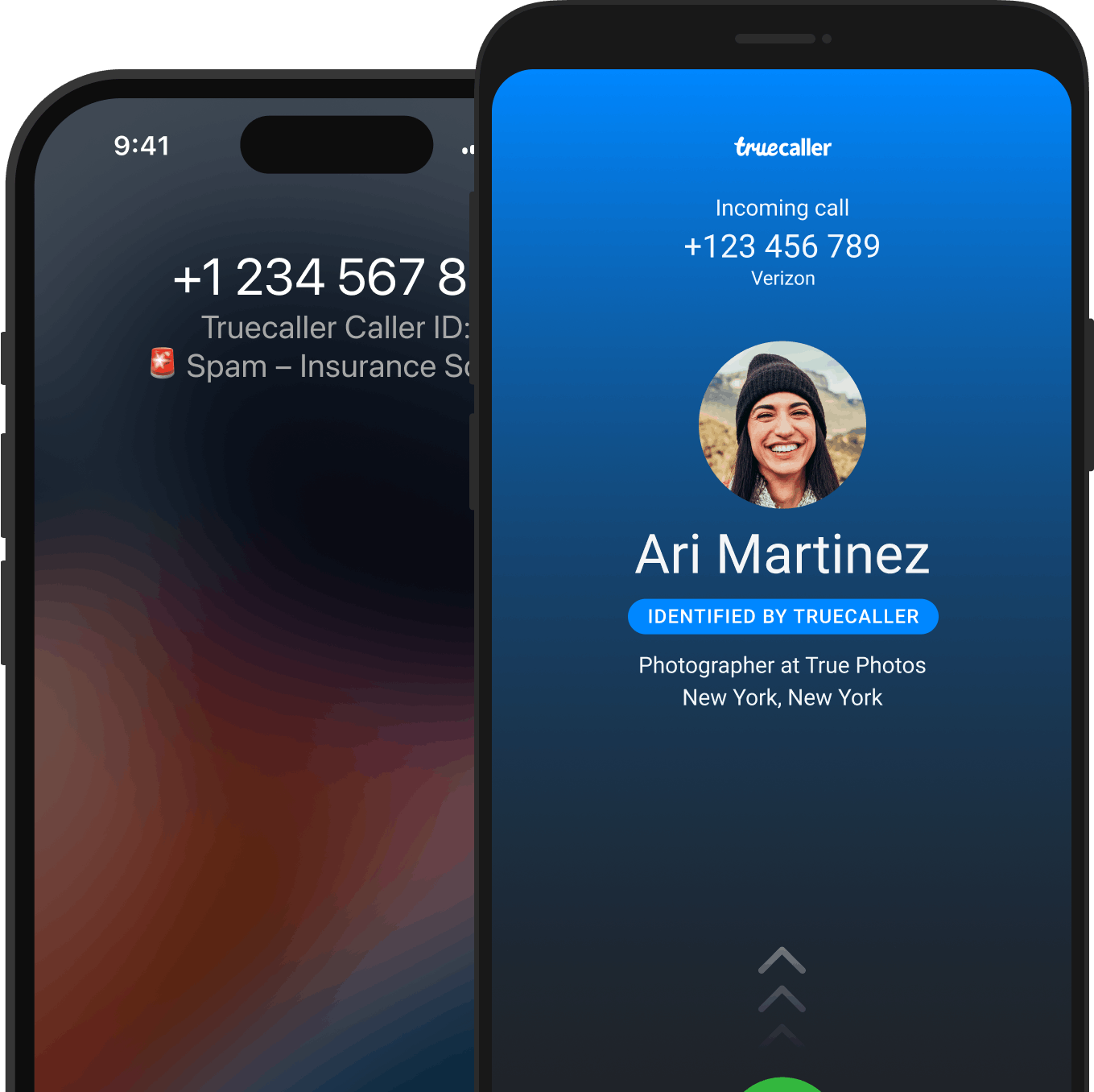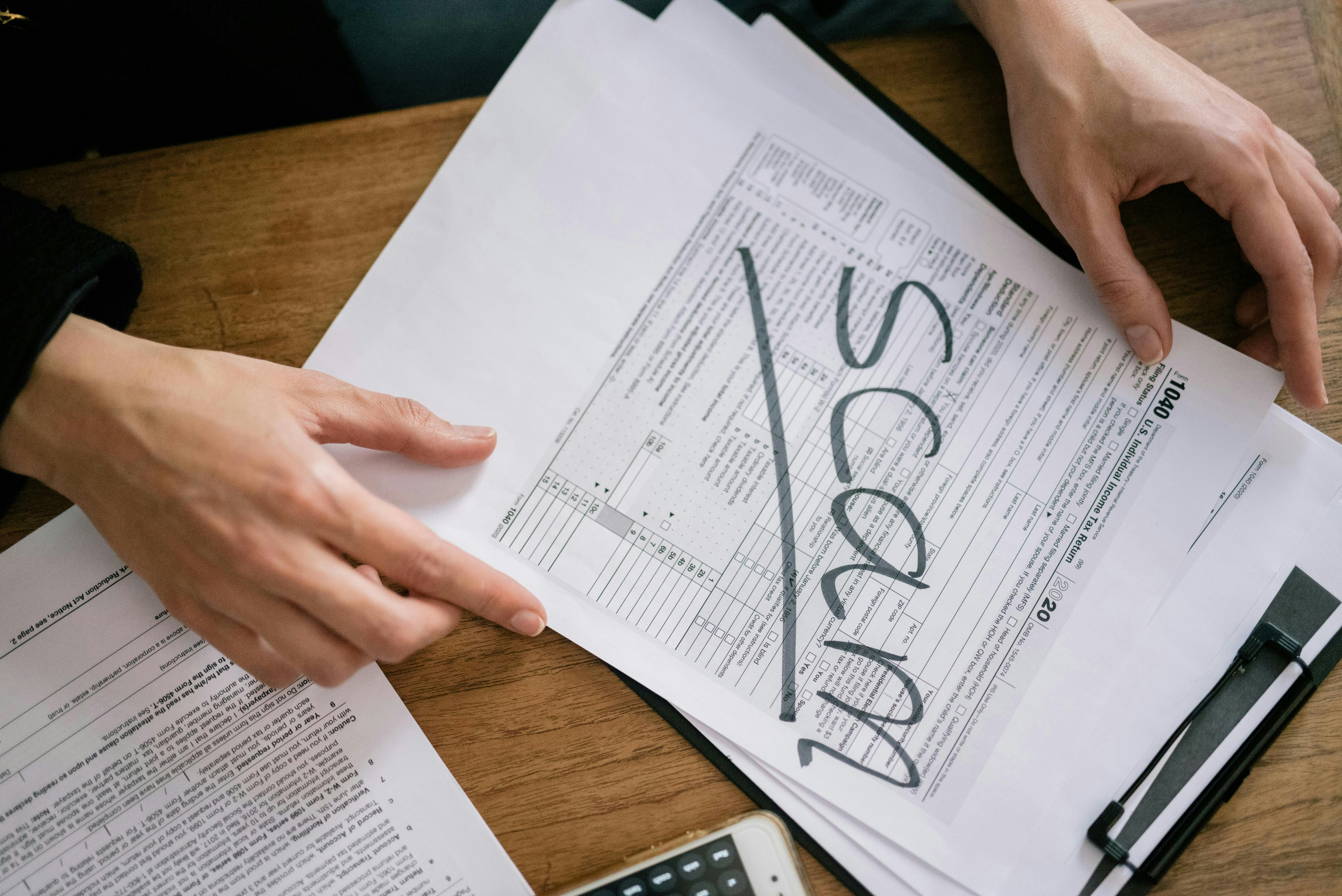
Customs Scams
What are customs scams?
In a customs scam, fraudsters call people and scare them by claiming that a package they sent has been stopped by customs because it contains illegal items. They pretend to be customs officers and pressurise people to pay them in the form of gift cards or cryptocurrencies. Sometimes scammers also demand payment towards customs fees or the release of an order. The whole situation is a lie designed to trick people into paying. The goal of the scam is to steal money from the victim, often leaving them with significant financial loss. Many such cases have been reported in countries like India, USA, UK and Singapore.
Modus operandi of the scammers in customs scams
Scammers contact people through automated or live calls. The recorded message claims, “There is a problem with your parcel, or it has been intercepted by customs for carrying illegal items. For more information, press X number to speak to a customs officer.” The scammers’ goal is to collect private information like bank details, IDs, and addresses. They pressure the victim to provide these details to "resolve" the issue. The scams reported in India, and the USA, follow a similar script.
If the victim stays on the call, the scammers intensify their tactics to instil fear and panic, leaving no time for the individual to think rationally. In India, to enhance the realism, the scammer appears dressed in a police uniform, with a convincing backdrop resembling a busy police station. In the U.S., scammers often threaten victims with arrest if they refuse to comply. To appear credible, they provide the name and contact information of a real CBP (Customs and Border Protection) employee, which can be verified online. Some scammers even use fake case and badge numbers to further deceive the target.
When a victim denies involvement and requests a quick resolution, scammers often claim that the victim’s identity may have been stolen and is being used for illegal purchases, like drugs. They assure the victim that the police can help clear their name if they closely follow instructions, using this as a way to further manipulate the victim into compliance. This tactic has been commonly reported in India.
In countries like the UK and Singapore, authorities have issued public service announcements to alert people to scams. In the UK, officials have warned about fraudulent texts and emails claiming recipients must pay customs duty to receive a valuable parcel that doesn't exist. These messages often contain suspicious links meant to steal personal information. Similarly, in Singapore, authorities have clarified that Singapore Customs does not send texts requesting personal details for the release of goods.
In the final stage of the scam, fraudsters tell the victim that their bank accounts and investments must be "reviewed" for any illegal activity. They often request payments in the form of gift cards or cryptocurrency, which makes it difficult for authorities to trace the funds and recover the victim’s losses.
How to prevent customs scam
If you get a call about a courier, first check with your family to see if anyone has actually sent a package.
Do not disclose any personal information or trust the phone numbers scammers use. These numbers may appear legitimate, but scammers often spoof numbers.
If a scammer says this must be an identity theft case and they can help, take that as a sign of this scam and hang up immediately.
Avoid clicking on suspicious links. If unsure, verify their authenticity through official channels.
No government body will ask you to transfer your money to them on a call. Another sign of a common scam - please hang up right away.
Truecaller helps in identifying unknown callers and message senders. However, it also helps in detecting potential fraudulent numbers and gives warnings if the number is detected as a 'Fraud'/'Scammer' in its system! So download Truecaller and be safe from potential scams.
If you are a victim of a customs scam, take following actions:
- If you've fallen victim to a customs scam, report it to the cyber cell immediately. Acting quickly increases your chances of recovering the money.
- Contact your bank immediately so they can temporarily freeze your bank accounts.
- Block the scammer and stop responding to unknown calls.
- Report the phone numbers used by the scammers on Truecaller
Where to report a customs scam
- For suspicious packages through USPS or unsolicited delivery text: www.uspis.gov
- Internet Crime Complaint Center (IC3): https://www.ic3.gov/
- Federal Trade Commission (FTC): You can file a complaint with the FTC online at https://www.ftccomplaintassistant.gov/
- America’s cyber defence agency: https://www.cisa.gov/
Reporting the scam on Truecaller will help prevent others from becoming victims.
- For immediate assistance and guidance on cyber fraud, call 1930 (toll-free)
- File a cyber crime report on
https://cybercrime.gov.in/ or
https://sancharsaathi.gov.in/sfc/Home/sfc-complaint.jsp - Access the list of state-wise nodal officers and their contact details from
https://cybercrime.gov.in/Webform/Crime_NodalGrivanceList.aspx
Reporting the scam on Truecaller will help prevent others from becoming victims.
- Police Special Fraud Unit (PSFU)
Email: report@specialfraudunit.org.ng, pro@specialfraudunit.org.ng
Whatsapp: 08127609914
Voice Call/SMS: 07082276895
Social Media: Facebook - Economic and Financial Crimes Commission (EFCC)
Email: info@efcc.gov.ng
Phone number: +234 8093322644, +234 (9) 9044751
Social Media: Facebook, Twitter, Instagram - Independent Corrupt Practices Commission (ICPC)
Email: info@icpc.gov.ng
Phone number: 08076369259, 08076369260
Social Media: Instagram, Twitter, Facebook
Reporting the scam on Truecaller will help prevent others from becoming victims.
- Action fraud: https://www.actionfraud.police.uk/charities
- Fundraising regulator: https://www.fundraisingregulator.org.uk/complaints
- GOV.UK: https://www.gov.uk/report-suspicious-emails-websites-phishing
- National cyber security centre: https://www.ncsc.gov.uk/
Reporting the scam on Truecaller will help prevent others from becoming victims.
- CSA Singapore: https://www.csa.gov.sg/cyber-aid
- File a police report at https://eservices1.police.gov.sg
Reporting the scam on Truecaller will help prevent others from becoming victims.
Conclusion
It’s crucial to remain vigilant when receiving unexpected calls, particularly those involving suspicious packages or allegations of illegal activity. Always verify the authenticity of any claims through official channels and resist the pressure to act quickly or in isolation. If targeted by scammers, report the incident to the authorities immediately, freeze your financial accounts, and take steps to protect your personal information. Staying informed and cautious can help prevent falling victim to these malicious schemes.
